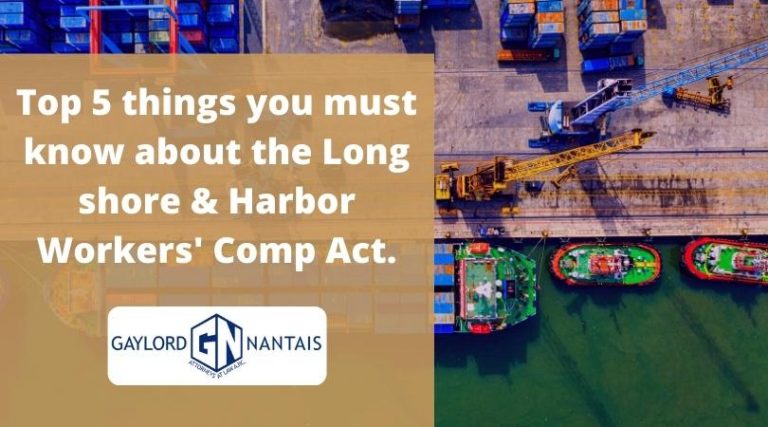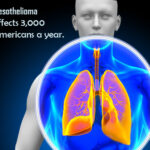The Longshore and Harbor Workers’ Compensation Act is a federal regulation with inside the United States that covers people who’re injured or who get an infection because of their work or activity at the navigable waters of the US or in adjacent areas. President Calvin Coolidge signed this act into regulation and was enacted in 1927. Likewise, the show is typically called LHWCA, Longshoremen’s Act, or simply “the Act.”
The purpose of the Coastal Waters Laws is to offer compensation and medical assistance to employees who become disabled due to injuries sustained in the navigable waters (or adjacent areas generally used for loading, unloading, building, or repairing a ship) of the United States government. Hence, LHWCA is a federal law that provides compensation, medical treatment, and vocational rehabilitation services to workers with disabilities due to work-related injuries sustained in US and US shipping waters.
The law also requires insurance companies to provide workers with vocational rehabilitation benefits if the injured worker is likely to be unable to return to their previous job. Even if the injured worker does not file a claim for compensatory benefits within the time required by the LHWCA, the right to treatment for work-related injuries has never been mandated.
No compensation is payable if the damage was caused solely by the worker’s intoxication or if the worker intentionally injured or killed himself or others. An employer’s liability under section 904 of this section is exclusive. It supersedes every other employer’s legal responsibility to the employee, their legal representative, husband or wife, parents, dependents, immediate own circle of relatives’ members, and every other individual in authority. Recover legal or administrative remedies from such employer for such injury or death.
Who is eligible for LHWCA?
Most employees will gain from Longshore coverage because, in general, the Longshore Act presents higher advantages than most authorities workers’ compensation programs. As far as employers are concerned, the Coastal Waters Laws apply to employers who employ full-time or part-time workers to work at sea or in the maritime profession.
Another vast gain of the LHWCA is that injured employees are entitled to permanent partial disability advantages that a few state workers’ reimbursement legal guidelines do not cover. Injured workers can file claims for the same injury under the LHWCA and state workers’ compensation laws, although they cannot receive dual benefits.
Things you should know about LHWCA.
If you are injured or become ill while working, you may be eligible for benefits under the LHWCA. Here are five things you should know about the LHWCA:
- The LHWCA is a federal workers’ compensation law that generally governs workers’ repayment for employers and seafarers and applies to civilian personnel on navy bases worldwide (under a federal regulation referred to as the Defense Bases Act). The LHWCA covers most workers engaged in longshore activities, including loading and unloading ships and those involved in the construction, maintenance, and repair of docks, piers, and wharves.
- The LHWCA also covers harbor workers, including those who work on tugboats, towboats, barges, lighters, schooners, and steamers.
- The LHWCA applies to injuries that occur on navigable waters and to injuries that occur on land if the worker was engaged in maritime work at the time of the accident.
- An injured worker may receive the services of a physician of their choice but may not select a physician who the US Department of Labor does not license to provide medical care under the Longshore Act
- State workers’ compensation often acts only to pay 60% of a worker’s average weekly wage for general temporary disability (TTD) benefits. The TTD gains under the LHWCA are two-thirds of an employee’s weekly standard salary.
If you wish to know how to file workers’ compensation claim refer here.
If you are injured on the job, it is essential to seek legal help right away Gaylord and Nantais Attorneys at Law. Visit our website or give us a call today at (805) 800-8799 now for a free consultation and to learn more about the Longshore & Harbor Workers’ Compensation Act and how we can help you file a claim.











